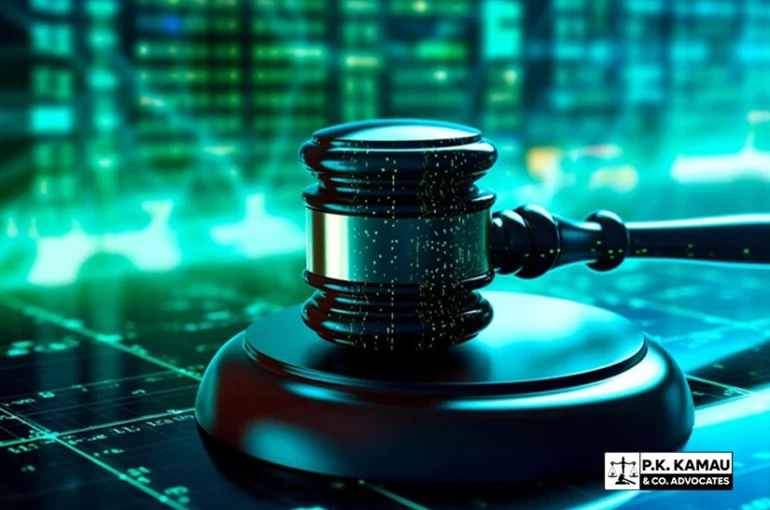Cybersecurity and Data Privacy Laws in Kenya
The digital age has brought unprecedented technological advancements and innovations that have transformed how we live and conduct business. However, these technological marvels come with an equally significant concern: the need to safeguard our data and protect our digital lives. In Kenya, as in many other countries, the significance of cybersecurity and data privacy laws cannot be overstated. In this article, we delve into the evolving landscape of cybersecurity and data privacy in Kenya, exploring the laws, challenges, and the role of advocates in ensuring the protection of sensitive information.
The Rise of Cybersecurity Threats:
The rise of the internet and digital platforms has opened new borders for businesses and individuals. However, it has also given rise to a host of cybersecurity threats. These threats, which include data breaches, hacking, and identity theft, can have severe consequences, both for individuals and organizations. In response to this growing concern, Kenya has taken measures to enact and strengthen laws that address these issues.

Kenya’s Legal Framework:
Kenya’s legal framework for cybersecurity and data privacy has evolved to address these emerging challenges:
- The Computer Misuse and Cybercrimes Act, 2018: This legislation criminalizes various cybercrimes, such as unauthorized access, interference with data, and computer forgery. It provides a legal basis for prosecuting individuals engaged in cybercrimes.
- The Data Protection Act, 2019: This law governs the processing of personal data and ensures the protection of individuals’ privacy rights. It sets stringent standards for data handling, including the requirement for data controllers and processors to register with the Data Commissioner.
Challenges in Implementation:
While these laws represent significant progress, challenges remain in their implementation:
- Cybersecurity Awareness: There is a need for increased awareness and understanding of cybersecurity best practices among both individuals and organizations.
- Regulatory Compliance: Many businesses struggle to adapt to the new data protection requirements, including proper data handling, breach reporting, and consent mechanisms.
- Resource Constraints: For law enforcement agencies, investigating and prosecuting cybercrimes can be resource-intensive, and there is a need for adequate training and resources.
The Role of Advocates:
In this landscape, advocates play a pivotal role in ensuring that individuals and businesses are compliant with these laws and are equipped to protect their data effectively. Here’s how advocates can contribute:
- Legal Consultation: Advocates can offer legal consultation to individuals and businesses on compliance with data protection laws, helping them understand their responsibilities and rights.
- Contractual Agreements: Advocates can help draft robust contractual agreements that address data protection and cybersecurity concerns, ensuring that all parties understand their obligations.
- Legal Representation: In the event of a data breach or a cybercrime incident, advocates can provide legal representation to victims or those accused, ensuring their rights are protected.
- Advocacy and Policy: Advocates can engage in advocacy efforts to shape policies and regulations related to cybersecurity and data privacy, contributing to a more secure digital environment.
Conclusion:
In an era where data is often considered the new currency, the importance of cybersecurity and data privacy laws in Kenya cannot be understated. The legal framework is in place, and advocates play a crucial role in ensuring its effective implementation. By being proactive, informed, and diligent in adhering to these laws, individuals and businesses can navigate the digital frontier with confidence, knowing that their data is protected and their rights upheld. As guardians of justice, P. K. Kamau & Co. advocates are well-equipped to lead the way in safeguarding the digital realm.


Leave a Reply